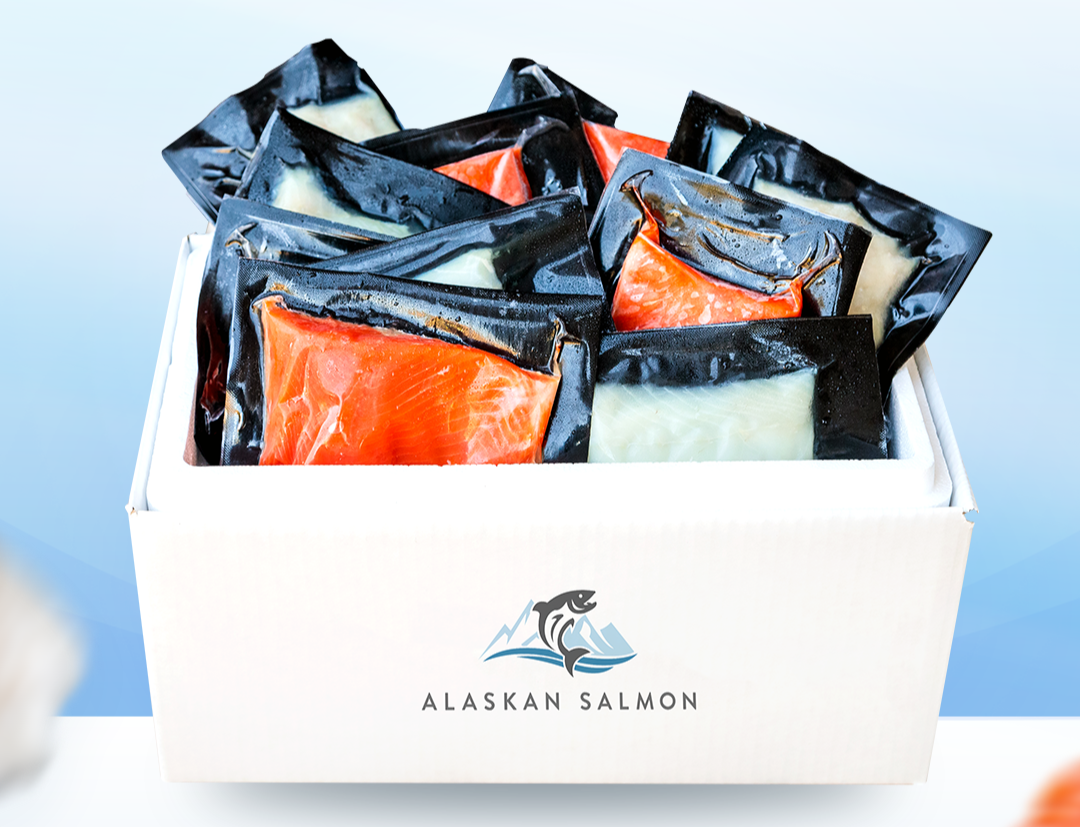Salted Cod: Everything You Need to Know
Updated on Jun 05, 2024
Salting fish is a practice that offers several benefits, both practical and culinary. It allows the fish to be stored without refrigeration for longer while enhancing its flavor. Moreover, the fish gains a unique taste and texture, which boosts a wide range of recipes.
Many types of fish can be salted, and cod is one of the most popular examples. Salted cod — also called bacalao or bacalhau — is a staple in many cultures, particularly in Portugal and Spain.
In this article, you’ll learn more about salted cod, whether it’s healthy, how it compares to fresh cod, and preparation tips before cooking.
What is Salted Cod?
Salted cod, also known as bacalao or bacalhau, is a type of fish that has been preserved by salting. The process involves curing the fish with salt, which draws out moisture and inhibits bacterial growth, allowing the fish to be stored for long periods without refrigeration.
Salted cod has a firm texture and a salty flavor, making it a versatile ingredient in various cuisines around the world, such as Mediterranean and Caribbean cooking. For example, the classic Spanish dish, bacalao al pil-pil, features salted cod cooked in olive oil with garlic and parsley, resulting in a rich and savory sauce.
Related: 7 Best Seasoning for Cod Fish According to Chefs
Is Salted Cod Healthy?
Salted cod can be part of a healthy diet when consumed in moderation. It is a good source of protein and essential nutrients such as vitamin B12 and omega-3 fatty acids.
1 ounce of dried salted cod provides [*Opens in a new window]:
- Calories: 82
- Fat: 0.67 grams
- Carbohydrates: 0 grams
- Protein: 17.81 grams
However, it's important to note that due to the salting process, salted cod can be relatively high in sodium compared to fresh cod. Consuming salted cod in moderation is generally safe, but individuals with certain health conditions, such as high blood pressure, may need to be mindful of their sodium intake when incorporating salted cod into their diet.
Additionally, some salted cod products may contain additives or preservatives, so it's important to choose high-quality options and balance consumption with other nutritious foods.
Related: Is Cod Healthy? Nutrition, Benefits, and Risks
How Does Salted Cod Taste Compared to Fresh Cod?
Salted cod has a distinct flavor compared to fresh cod, characterized by its intense saltiness and a more concentrated fish taste. The salting process enhances its umami richness and adds depth to its flavor profile.
In contrast, fresh cod tends to have a milder taste with a sweeter undertone and a softer texture. The absence of intense saltiness in fresh cod allows its natural flavors to shine through, and the softer texture of fresh cod lends itself well to gentle cooking methods like poaching or baking.
While salted cod maintains its firmness even after cooking, fresh cod has a more delicate and flaky texture. Both varieties offer unique culinary experiences, with salted cod lending itself well to robust and savory dishes, while fresh cod shines in lighter preparations.
Is Salted Cod Raw or Cooked?
Salted cod is neither raw nor cooked in the traditional sense. It undergoes a preservation process that involves salting and drying. While salted cod is not "raw" like fresh fish, it hasn’t been cooked with heat.
Typically, salted cod is not cooked immediately after salting but requires soaking in water to rehydrate and remove excess salt. Once soaked, salted cod can be cooked using various methods such as boiling, frying, or baking to achieve the desired texture and flavor.
Therefore, while it starts as raw fish, the salting process transforms it into a preserved product that requires cooking before eating.
How Long Does Salted Cod Last?
Salted cod has a long shelf life when properly stored. When kept in a cool, dry place away from direct sunlight, salted cod can last for several months to even years. However, its longevity depends on factors such as the quality of the fish, the salting process, and storage conditions.
It is recommended to keep it sealed in its original packaging or in an airtight container to prevent odors. Once rehydrated and soaked, salted cod should be refrigerated and consumed within a few days to maintain its freshness and quality.
How Do You Prepare Salted Cod for Cooking?
To prepare salted cod for cooking, follow these steps:
- Rinse the salted cod. Rinsing it under cold running water to remove excess surface salt and impurities.
- Soak the fish. Next, place the cod in a large bowl or container filled with cold water. Allow it to soak for at least 8 to 24 hours in the refrigerator, changing the water every few hours to desalinate the fish. The soaking time may vary depending on the thickness of the fish and your desired level of saltiness.
- Check for the desired level of saltiness. After soaking, taste a small piece of the salted cod to ensure it has reached your desired level of saltiness. If it's still too salty, continue soaking for additional time.
- Optional boiling. Some recipes call for boiling the salted cod briefly before soaking it to further reduce its saltiness. If desired, bring a pot of water to a boil, add the salted cod, and boil for 5-10 minutes. Then, remove the fish from the water and proceed with soaking as usual.
- Remove bones and skin. Depending on your recipe, you may need to remove the bones and skin from the salted cod. Use a sharp knife to carefully remove any bones and peel away the skin. Alternatively, you can purchase boneless and skinless salted cod if available.
- Final rinse and dry. Once the salted cod has finished soaking and deboning, give it a final rinse under cold water to remove any remaining salt or impurities. Pat the fish dry with paper towels to remove excess moisture before using it in your recipe.
By following these steps, you can properly prepare salted cod for cooking, ensuring that it's flavorful and ready to be incorporated into your favorite dishes.
Summary
Salted cod is incredibly versatile, and is an excellent source of high-quality protein as well as vitamins and minerals. Not to mention, it also stands out for its remarkable shelf life! Its ability to enhance a wide range of dishes, combined with the practicality of long-term storage, makes it a delicious and dependable choice for home cooks and professional chefs alike.








